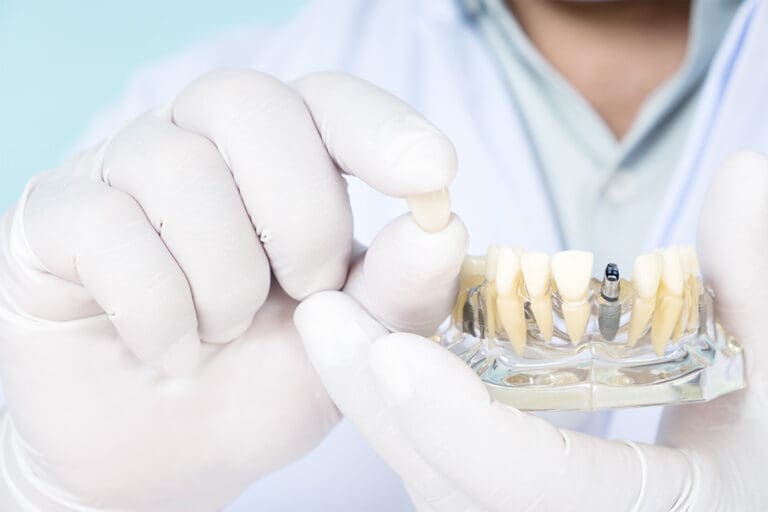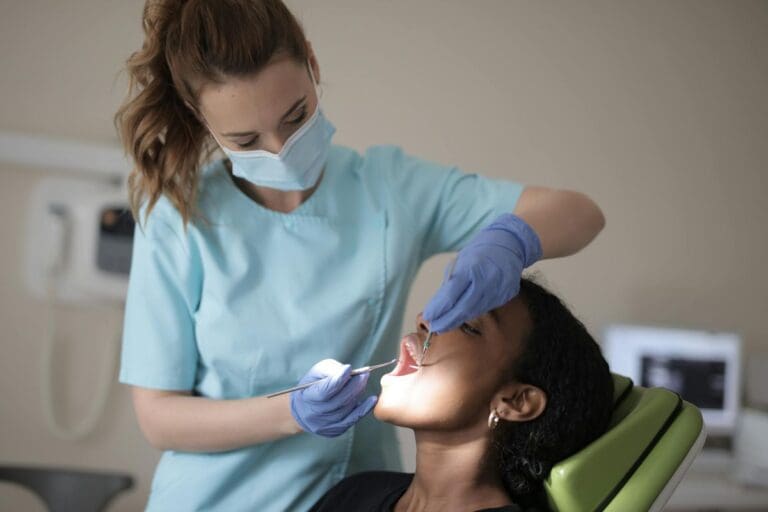Ensuring the dental health of your child is an essential aspect of their overall well-being. As a parent, you may find yourself inundated with information and potentially overwhelmed by the responsibility of caring for your child’s teeth. At the Waban Dental Group – Pediatric Dentistry & Orthodontic, we strive to make this journey less daunting by offering exceptional pediatric dental care and keeping parents informed, empowered, and equipped to manage their child’s oral health needs. As the top dental group in Newton, Massachusetts, with over 35 years of experience and numerous recognitions, including Best of Boston by Boston Magazine 2017-2019, we take pride in providing the information and resources you need to ensure the health of your child’s smile.
In this comprehensive guide, we will address the most frequently asked questions about pediatric dentistry, offering valuable insights, practical advice, and up-to-date information about children’s dental health. Our goal is to help parents navigate the world of pediatric dentistry with confidence, knowing that the experienced and caring team at Waban Dental Group – Pediatric Dentistry & Orthodontic is ever ready to support and guide them.
In this guide, we hope to provide answers to some of your burning questions, demystify the complexities of pediatric dentistry, and empower you to make the best decisions regarding your child’s dental health. By understanding the basics and implementing the expert advice put forth by the dedicated professionals at Waban Dental Group – Pediatric Dentistry & Orthodontic, you can rest assured knowing that your child’s smile is being nurtured to last a lifetime.
Pediatric Dentistry FAQs: The Essential Guide to Children’s Dental Health
The Role of Diet in Children’s Dental Health
It’s no secret that a well-balanced diet significantly contributes to a child’s overall health, but it plays an equally important role in their dental well-being. Foods rich in vitamins and minerals help build strong teeth, whereas sugary snacks and drinks can lead to tooth decay. Encourage your child to consume a diet that includes:
1. Fruits and vegetables: Packed with essential vitamins and minerals, fruits and vegetables help promote strong, healthy teeth and gums.
2. Calcium-rich foods: Dairy products, leafy greens, and fortified plant-based milk can help strengthen tooth enamel and support overall dental health.
3. Limit sugary treats: Excessive consumption of sugary snacks and beverages can contribute to tooth decay. Opt for healthier treat alternatives and encourage proper dental hygiene after indulging in sweets.
Remember that moderation is key, and teaching your child to make wise food choices at a young age will positively impact their long-term dental health.
Best Practices for Daily Oral Hygiene
Establishing a consistent oral hygiene routine is crucial for maintaining your child’s dental health. Follow these best practices to ensure optimal results:
1. Start early: Begin cleaning your infant’s gums before their teeth erupt using a damp cloth or soft rubber fingertip brush.
2. Brush twice a day: Encourage your child to brush their teeth for two minutes, twice daily, using a fluoride toothpaste and age-appropriate toothbrush.
3. Floss regularly: Teach your child to floss once a day, beginning when two adjacent teeth emerge.
4. Provide guidance: Supervise and assist your child with brushing and flossing until they develop the motor skills required for effective dental care, usually around the age of 6-8.
Identifying and Addressing Common Dental Issues in Children
Children may experience various dental issues, and early detection is fundamental for timely intervention and treatment. Parents should be vigilant for signs of the following common dental problems:
1. Tooth decay: Look for white spots on teeth, sensitivity, or small holes in the tooth surface as potential signs.
2. Gum disease: Inflamed, red, or bleeding gums and persistent bad breath may be symptoms of gum disease.
3. Malocclusion: Misaligned teeth, difficulty chewing, or speech issues may indicate malocclusion.
4. Dental erosion: Acid exposure from certain foods or acid reflux can cause dental erosion, leading to tooth sensitivity and discoloration.
In case of any suspected issues, schedule an appointment with your pediatric dentist for a thorough evaluation.
The Significance of Primary Teeth and Their Care
Primary teeth, or baby teeth, are often deemed less critical than permanent teeth; however, they have several important functions:
1. Aid in proper chewing and nutrition.
2. Help with speech development.
3. Act as space holders for permanent teeth.
To care for primary teeth, establish a consistent oral hygiene routine, ensure a balanced diet, and schedule regular dental checkups.
The Importance of Regular Dental Checkups for Children
Routine dental visits play a vital role in your child’s dental health, as they allow for early detection and treatment of oral health issues. The American Academy of Pediatric Dentistry recommends scheduling your child’s first dental visit within six months of their first tooth erupting or by their first birthday. Following the initial visit, make appointments every six months for cleanings and comprehensive evaluations.
Guidelines for Selecting Age-Appropriate Oral Care Products
Choosing the right dental care products for your child is essential for effective oral hygiene. Keep the following guidelines in mind:
1. Toothbrush: Select an age-appropriate toothbrush with soft bristles and a small head that comfortably fits your child’s mouth.
2. Toothpaste: Begin using fluoride toothpaste as soon as your child’s first tooth appears. Use a grain of rice-sized amount for children under three and a pea-sized amount for ages 3-6.
3. Floss: Encourage flossing with child-friendly flossers or traditional dental floss, depending on your child’s age and comfort.
Conclusion
Arming yourself with knowledge about pediatric dental care can give you the confidence you need to ensure your child’s dental health. By addressing concerns related to diet, daily oral hygiene, common pediatric dental issues, and the importance of regular checkups, parents can take proactive steps to maintain their child’s dental well-being.
At Waban Dental Group – Pediatric Dentistry & Orthodontic, we understand that navigating the world of Boston pediatric dentistry can be challenging. We’re here to provide compassionate, expert care to our pediatric patients while offering valuable insights and resources to parents to support a lifelong journey of optimal dental health.






